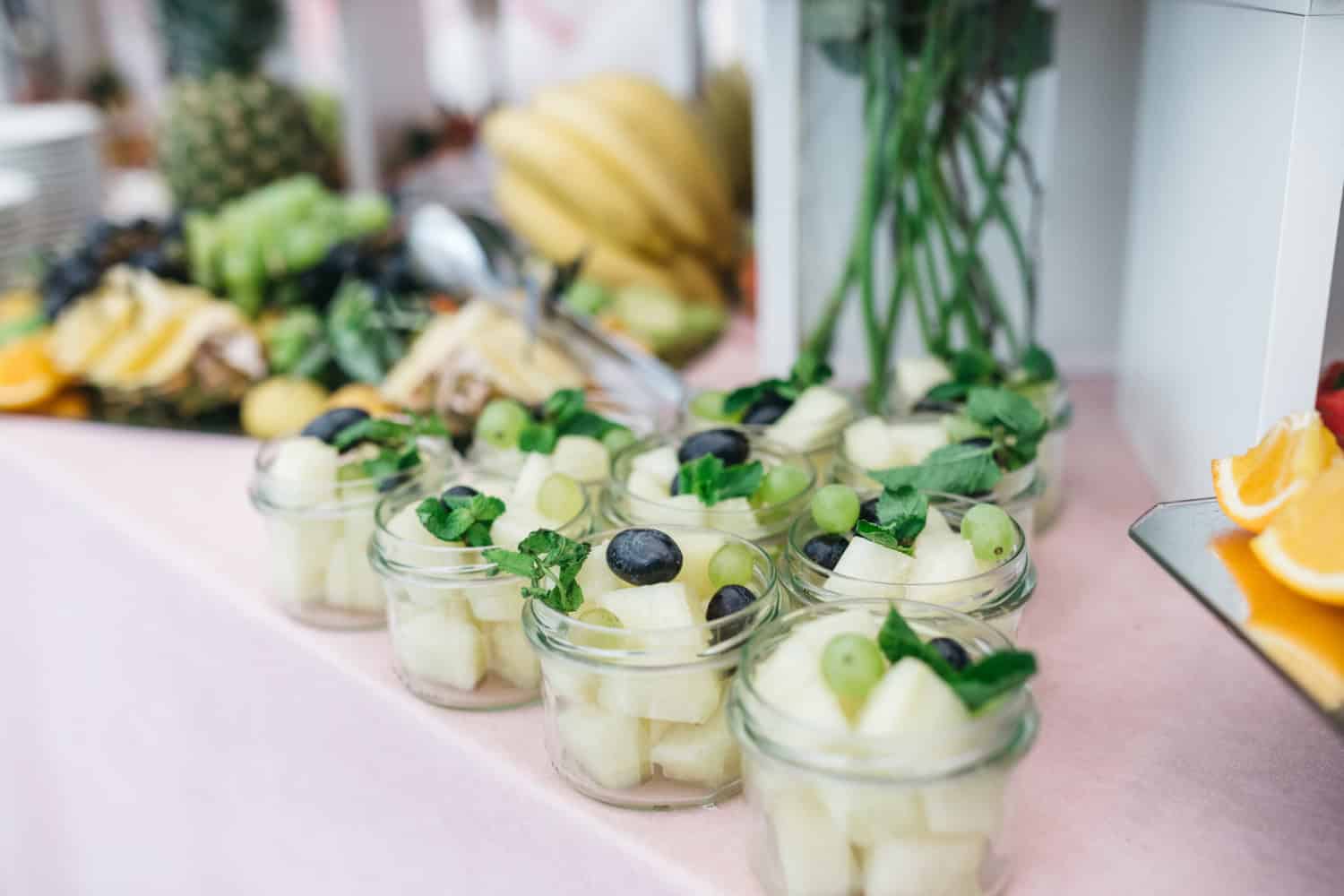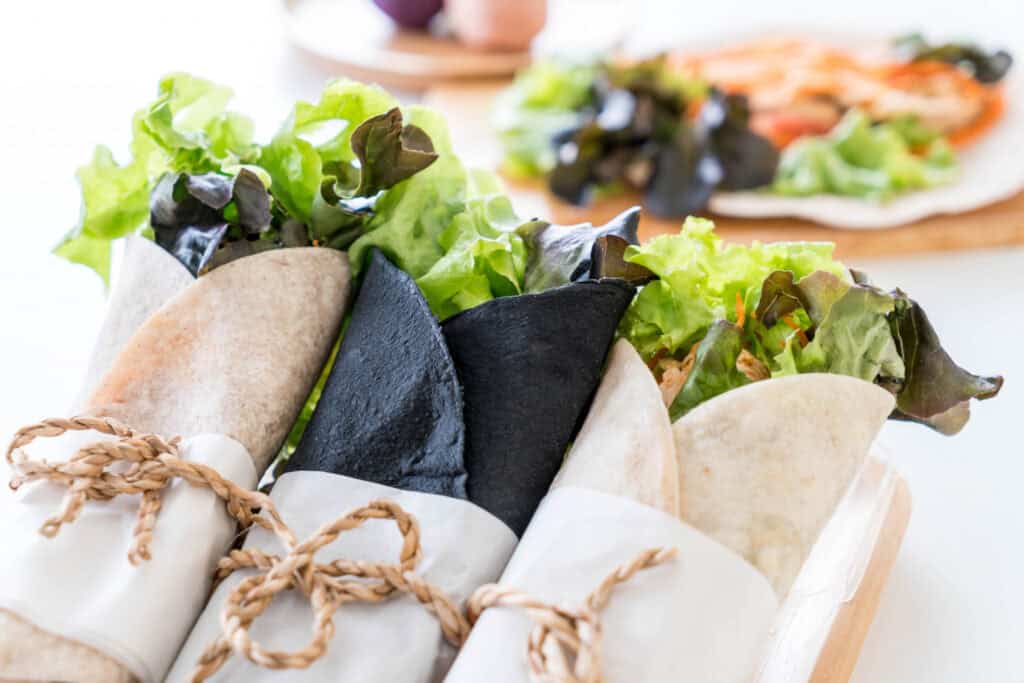
By Jermaine Thomas January 22, 2025
Hosting an event today is not just about bringing people together. It’s also about making choices that reflect a commitment to the environment. Sustainable catering allows event organizers to create memorable experiences while reducing their environmental impact. By adopting eco-friendly practices, we can redefine what it means to throw an impressive and responsible event.
What Is Sustainable Catering?
Sustainable catering involves practices that prioritize the health of our planet. This includes using locally sourced and seasonal ingredients, minimizing waste, conserving energy, and opting for eco-friendly materials. Sustainable catering goes beyond serving delicious food; it embodies a commitment to environmental stewardship.
Key Principles of Sustainable Catering
Sourcing Locally and Seasonally: Locally sourced ingredients cut down on transportation emissions, reducing the carbon footprint of your event. Seasonal ingredients are often fresher and more nutritious, delivering both quality and environmental benefits. Additionally, supporting local farmers helps sustain regional economies and reduces dependency on long supply chains.
Embracing Plant-Based Options: Incorporating plant-based dishes is a powerful way to lower the environmental impact of catering. Animal agriculture is a major contributor to greenhouse gas emissions, and reducing reliance on meat and dairy can make a big difference. Experimenting with vibrant, plant-based ingredients can also lead to innovative and colorful menus.
Reducing Waste: Food waste is a significant environmental issue. Sustainable caterers focus on accurate portion planning, donating leftovers, and composting organic waste to minimize their environmental impact. Proper storage techniques and creative repurposing of leftovers further enhance waste reduction efforts.
Eco-Friendly Packaging: Avoid single-use plastics. Instead, use biodegradable, compostable, or reusable tableware to cut down on waste generated during the event. Providing clear instructions for guests to dispose of waste properly is also essential.
By focusing on these principles, caterers can provide exceptional service while caring for the planet.

The Benefits of Eco-Friendly Events
Eco-friendly events offer more than just environmental advantages. They create opportunities for healthier food options, community engagement, and positive public perception. Let’s explore these benefits in detail.
Healthier Food Choices
Sustainable catering often emphasizes organic and minimally processed foods. These options not only taste better but also contribute to the well-being of guests. By reducing reliance on heavily processed ingredients, eco-friendly events promote healthier eating habits. Furthermore, fresh and organic foods are free from harmful pesticides and additives, making them safer and more appealing.
Supporting Local Economies
Sourcing ingredients from nearby farms and businesses strengthens the local economy. This fosters community relationships and ensures that your event’s environmental footprint remains small. It’s a win-win for everyone involved. Guests also appreciate the transparency of knowing where their food comes from.
Positive Branding and Awareness
Incorporating sustainable practices into your event reflects a commitment to environmental responsibility. Guests appreciate events that align with their values, and eco-friendly choices can enhance your reputation. Additionally, such events can raise awareness about sustainable living, encouraging guests to adopt greener habits. Sharing stories about your sustainability journey through social media or event materials can inspire others to follow suit.
Green Food Ideas for Your Menu
Designing a sustainable menu is both an art and a science. The key is to balance creativity, flavor, and environmental responsibility. Here are some ideas for crafting an eco-friendly menu.
Seasonal and Local Delights
Build your menu around what’s in season. Seasonal ingredients are fresher, more affordable, and require less energy to transport. For instance, a summer event could feature fresh berries, heirloom tomatoes, and locally grown greens. A winter menu, on the other hand, might include root vegetables, citrus fruits, and warming spices.
Plant-Based Innovations
Plant-based dishes aren’t just a trend; they’re a necessity for a sustainable future. Incorporate creative options like lentil-based patties, jackfruit tacos, or cashew cream pasta. These dishes are satisfying, nutritious, and eco-friendly. For desserts, try options like coconut milk-based panna cotta or vegan chocolate mousse.
Sustainable Proteins
If your event includes meat or seafood, choose options that are certified sustainable. Look for seafood certified by organizations like the Marine Stewardship Council or opt for locally raised, grass-fed meats that prioritize ethical farming practices. Offering smaller portions of high-quality proteins alongside plant-based dishes is another way to reduce environmental impact.
Zero-Waste Creations
Use every part of an ingredient to reduce waste. For example, vegetable peels can be turned into broth, and leftover bread can become croutons or bread pudding. Such practices not only reduce waste but also showcase culinary ingenuity. Highlighting these efforts to guests can add an educational element to your event.
Overcoming Challenges in Sustainable Catering
While sustainable catering offers many benefits, it also comes with challenges. These may include higher costs for organic products, limited availability of seasonal ingredients, and the need for staff training. However, with thoughtful planning, these hurdles can be addressed effectively.
Managing Costs
Start by identifying the most impactful changes within your budget. Focus on areas like reducing food waste or incorporating more plant-based options, which can save money in the long run. Negotiating partnerships with local farms and bulk purchasing can also help lower costs.
Addressing Seasonal Limitations
Preserving seasonal ingredients through methods like freezing or canning can extend their availability. Partnering with local producers who practice sustainable farming can also ensure a steady supply of fresh produce. For instance, pre-arranged agreements with local suppliers can help secure consistent access to quality ingredients.
Training Staff
Educate your team about sustainable practices. From waste sorting to energy conservation, well-informed staff can make a big difference in achieving your sustainability goals. Hands-on workshops and regular updates about industry innovations can keep your team motivated and informed.
Real-Life Examples of Sustainable Catering
Looking at successful sustainable catering practices can inspire and guide your own efforts. Here are two noteworthy examples:
Ver Aguas: From Waste to Culinary Delights
Ver Aguas is a catering company that transforms leftovers into new products. They’ve made ketchup from surplus tomatoes and jam from excess raspberries. This approach not only reduces waste but also showcases creative ways to reuse ingredients. Their innovative model serves as a blueprint for combining sustainability with profitability.
Terra Firma Dining: Local and Fire-Cooked Delights
Chef Charles-Etienne Pretet’s Terra Firma Dining emphasizes open-fire cooking and the use of local produce. This method reduces reliance on energy-intensive cooking techniques while delivering unique flavors and an immersive dining experience. The simplicity and authenticity of their approach have earned widespread acclaim.

The Future of Sustainable Catering
The future of catering lies in embracing sustainability. Trends such as zero-waste events, advanced carbon tracking technologies, and increased adoption of plant-based menus are shaping the industry. By staying ahead of these trends, caterers can remain relevant and responsible.
A Commitment to Innovation
Sustainable catering is not just about reducing harm; it’s about rethinking how we approach food and events. As awareness grows, so does the demand for innovative solutions that prioritize the planet. Those who adapt and innovate will lead the way in creating a greener future. Emerging technologies, like AI for portion planning or apps to reduce food waste, will play a critical role in shaping the industry.
Conclusion
Sustainable catering is more than a choice; it’s a responsibility. By incorporating eco-friendly practices, event planners can impress guests while caring for the planet. From sourcing local ingredients to reducing waste, every decision matters. As we move toward a more sustainable future, catering has the power to inspire change and create events that are both memorable and meaningful. Let’s embrace this opportunity to redefine what it means to host a remarkable event.